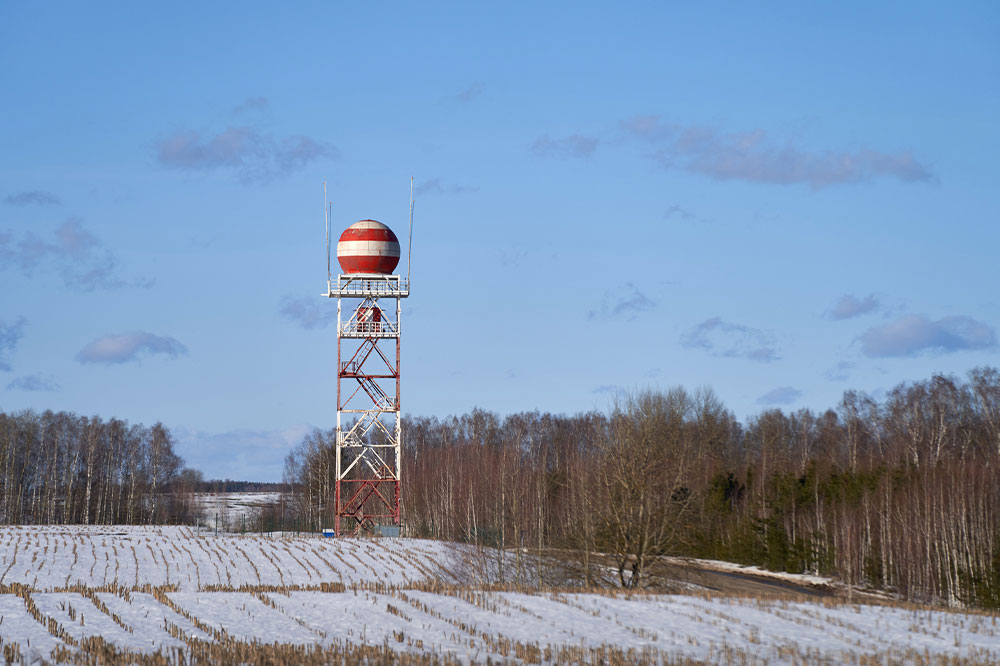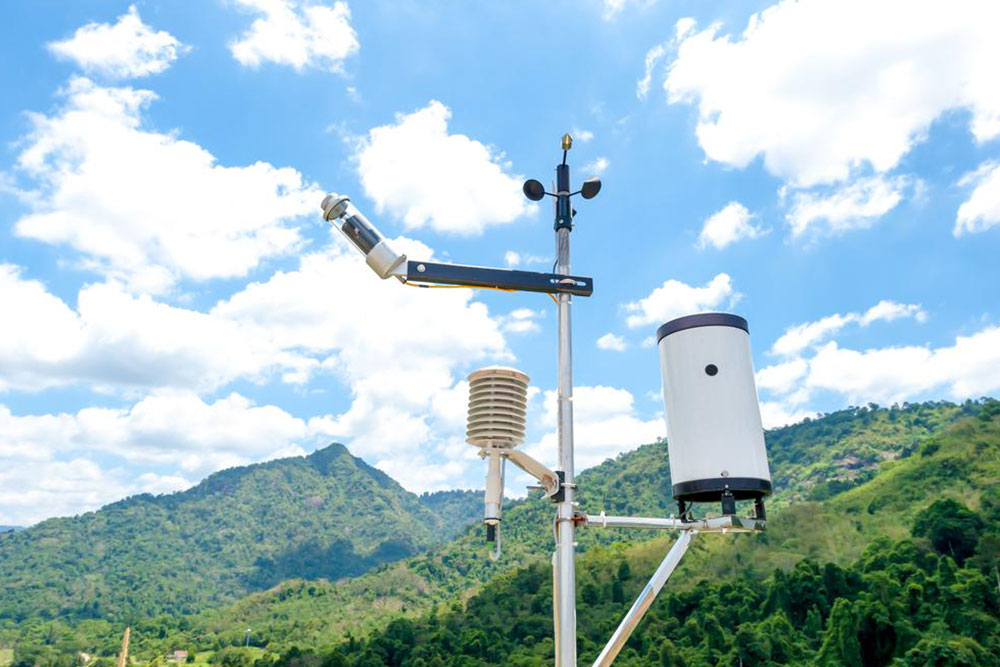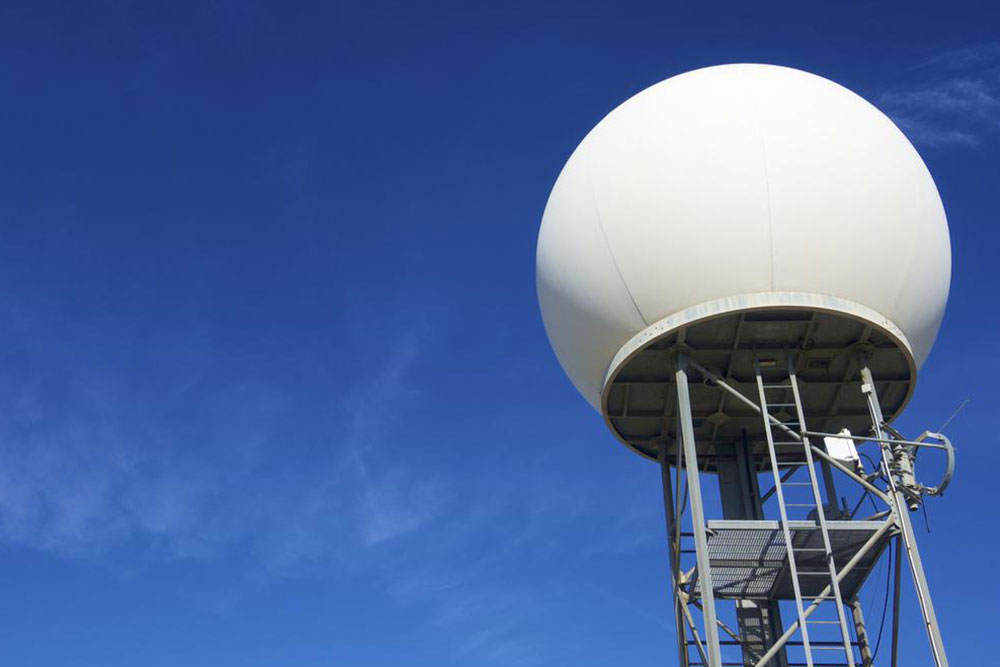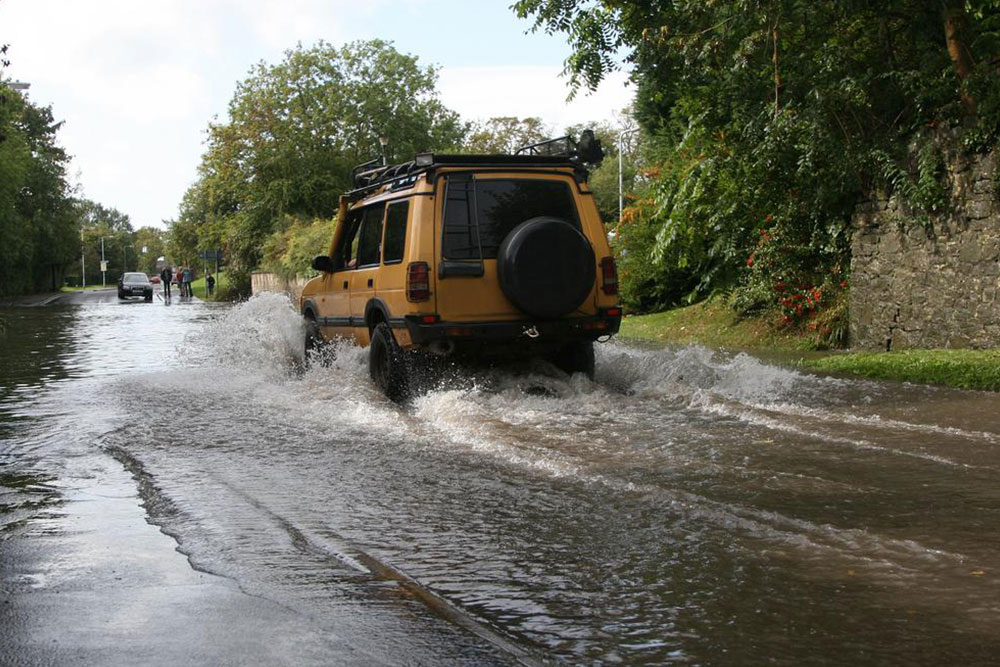Remote Weather Monitoring Systems
Explore how remote weather monitoring systems improve data collection and forecasting through wireless tech, data logging, and renewable energy. Discover their applications in weather prediction, utility monitoring, and educational uses, emphasizing the importance of accurate weather data for safety and planning.
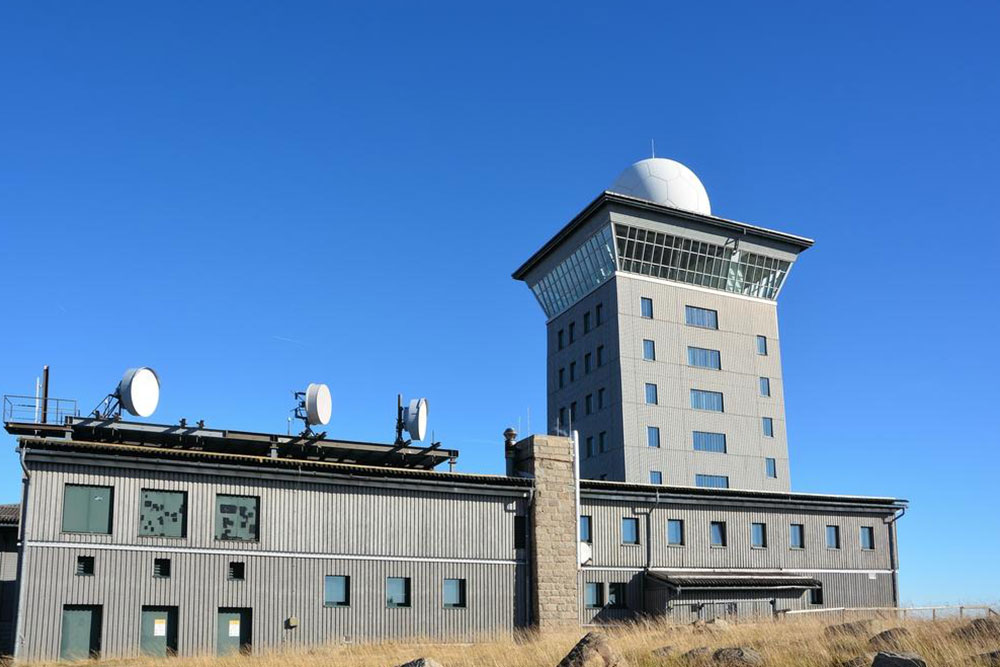
Remote Weather Monitoring Systems
Manual data collection for weather information can be labor-intensive and inefficient, especially over large areas such as states or counties. To address this, automated weather monitoring solutions have been developed to streamline data gathering and reporting.
These systems are designed to save manpower and enable remote data acquisition. Equipped with wireless communication capabilities, they transmit weather data via mobile networks or satellites. Depending on their features, they can provide real-time updates if integrated with systems like Argos or GPS.
Data storage is an essential feature, allowing for retrieval and analysis later. Typically installed on utility poles or masts, these stations measure parameters like wind speed and solar radiation. Core components include data loggers, which record and store sensor data locally or on external storage like SD cards. They communicate with central servers via protocols such as GSM, GPRS, CDMA, or RS232.
Many systems operate on solar power, connected to rechargeable batteries, with peak solar activity lasting around 5 hours daily. Proper placement and mounting are critical for optimal power generation. Advances over the past decade have enhanced weather prediction accuracy, utilizing sophisticated mathematical models and extensive data analysis.
Personal weather stations are typically designed for educational and entertainment use, with data sometimes shared on radio or online platforms. However, their accuracy may vary compared to official meteorological data due to differences in calibration and placement. Overall, weather stations are vital tools for monitoring climate changes and alerting authorities to weather hazards.




